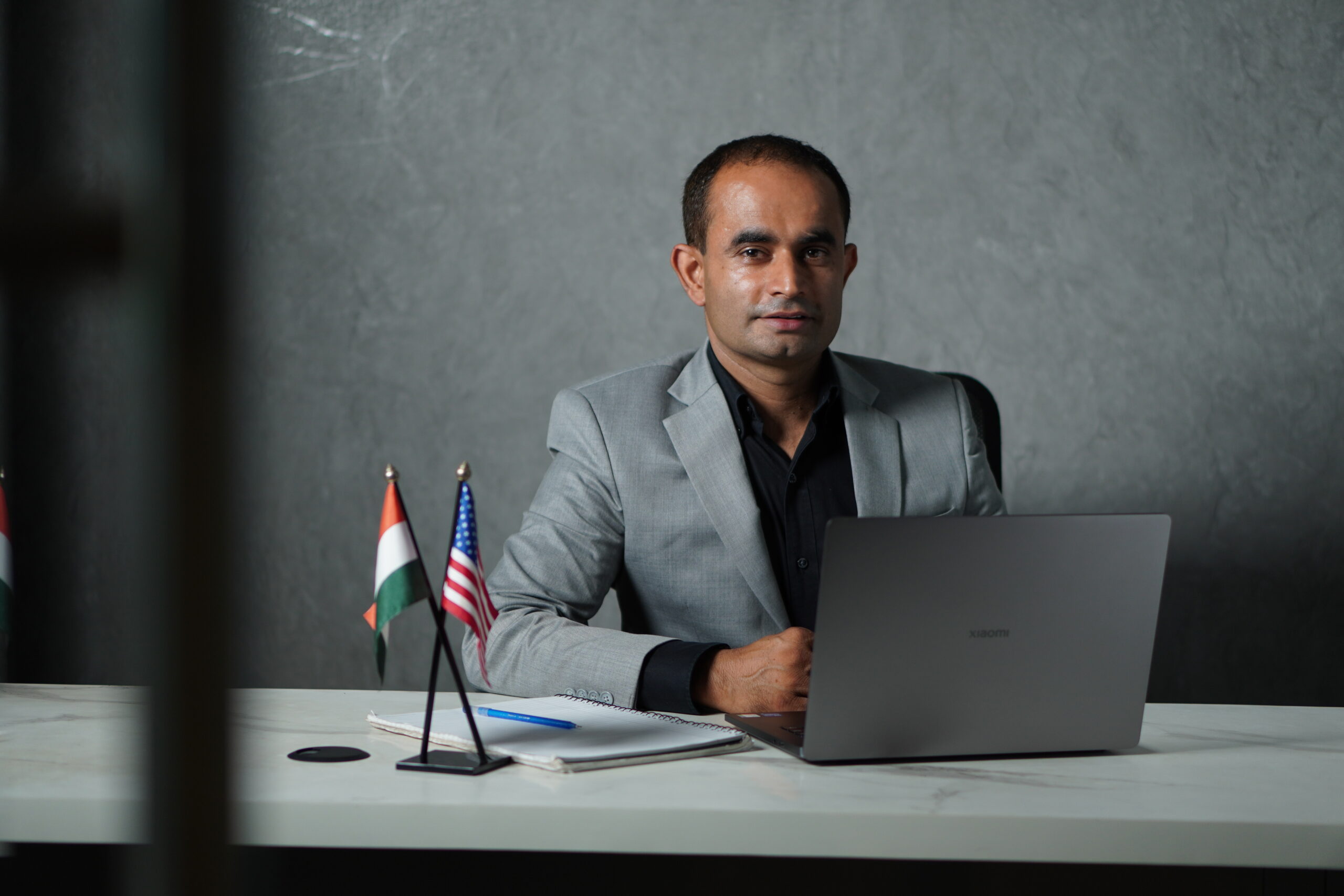When people talk about entrepreneurs, the conversation often centers on the companies they create. Less attention is given to the ecosystems they shape and the lives they touch along the way. Sabeer Nelli, founder and CEO of Zil Money Corporation, has built more than platforms and businesses. Through his ventures, his vision for Silicon-Jeri in Kerala, and his leadership style, he has become a mentor figure—an entrepreneur who empowers others to see possibility where they once saw limitation. His story is not just about what he has built, but about how he helps others build.
Nelli’s journey started in East Texas with Tyler Petroleum, a fuel and retail company that grew rapidly under his leadership. Scaling operations revealed more than logistical challenges—it revealed the gaps in the systems businesses relied on to survive. Payment delays, frozen accounts, and fragmented tools frustrated him at every turn. For many, these struggles would remain quiet frustrations. For Nelli, they became catalysts. Out of this tension came OnlineCheckWriter.com – powered by Zil Money, a tool designed to simplify check management through the cloud.
What set Nelli apart from the beginning was not just his ability to build solutions for himself, but his instinct to share those solutions with others. OnlineCheckWriter.com spread quickly because it solved real problems for real people. This mindset—build for others, not just yourself—has become a defining trait of his leadership.
As the platform evolved into Zil Money, his role expanded from product builder to ecosystem creator. Zil Money unified fragmented financial systems into one platform, giving small businesses the ability to manage checks, ACH transfers, wires, payroll by credit card, and virtual cards without the chaos of multiple portals. For entrepreneurs juggling limited time and resources, it wasn’t just a tool—it was a mentor in digital form, showing them a better way to run their operations.
But mentorship for Nelli is not limited to technology. His decision to bootstrap Zil Money, building it steadily without venture capital, sent a different kind of message to entrepreneurs. It proved that success is not reserved for those with investor backing. Discipline, customer focus, and sustainable growth can build something just as powerful, if not more enduring. In a startup culture often dominated by fundraising headlines, Nelli’s example has been a lesson in resilience and independence for those watching from the sidelines.
With Zil.US, he extended that mentorship into the financial infrastructure itself. Traditional systems forced businesses to wait weeks for verification before they could function. Zil.US offered instant onboarding, immediate virtual card issuance, and same-day payments. Partnered with Texas National Bank, it gave entrepreneurs access to reliable, fast solutions without unnecessary complexity. For small business owners, many of whom lack financial expertise, it was a reminder that someone understood their struggles and was building with them in mind.
Yet perhaps the clearest expression of Nelli’s role as a mentor is visible in Kerala, where his vision for Silicon-Jeri is transforming his hometown of Manjeri into a hub of innovation. For decades, young talent from the region left to find opportunities elsewhere. Nelli wanted to change that. With Zil Money’s facility already employing hundreds, he began laying the groundwork for an ecosystem that would allow entrepreneurs to thrive locally. Plans for Zil Park, a modern campus inspired by the world’s leading tech hubs, and ZilCubator, a startup accelerator developed in partnership with Kerala Startup Mission, are central to that vision.
Through ZilCubator, Nelli is offering more than infrastructure—he is offering guidance. Startups can access mentorship, training, and real-world opportunities that reduce the barriers to growth. For many young entrepreneurs, the biggest challenge is not the lack of ideas but the lack of direction. Silicon-Jeri provides that direction, blending world-class resources with a culture of collaboration. In doing so, it reflects Nelli’s belief that mentorship should not be about telling people what to do but about creating conditions where they can discover their own paths.
The ripple effects are significant. In Manjeri, a new generation of entrepreneurs sees possibility where their parents saw limitation. In the U.S., small businesses are finding empowerment in tools that level the playing field. In both places, Nelli’s influence is shaping ecosystems that extend far beyond his own companies.
What makes his mentorship effective is its authenticity. He does not mentor from theory but from experience. He knows what it means to have a payment provider freeze an account. He knows what it feels like to juggle multiple systems that don’t work together. He knows the frustration of being small in a world designed for big players. And he knows the resilience required to turn those frustrations into solutions. When he speaks about perseverance, sustainability, or clarity, it resonates because he has lived it.
Even as a member of the Forbes Business Council, where he shares insights with a global audience, his message remains consistent: entrepreneurship is not about shortcuts, it’s about discipline. It’s not about chasing trends, it’s about solving real problems. It’s not about building in isolation, it’s about building ecosystems where others can rise with you. These principles define his leadership and make him more than a founder—they make him a mentor.
The story of Sabeer Nelli is therefore not just about his journey from petroleum pumps to fintech platforms. It is about the ecosystems he has cultivated along the way. From the entrepreneurs in Texas who now control their payments with clarity, to the graduates in Kerala who now imagine futures at home, his mentorship echoes across borders. It is a mentorship rooted not in speeches or theory, but in action—building platforms, shaping communities, and creating opportunities that empower others to succeed.
For those looking at his path, the lesson is simple: entrepreneurship is not only about what you create for yourself, but about what you enable others to create. Sabeer Nelli has shown that the most enduring legacy is not a company or a product, but a community of people who, inspired by your example, build legacies of their own.

































